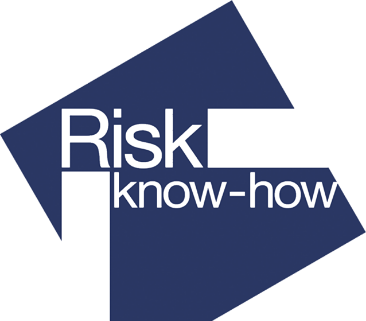Sense about Science Director Tracey Brown was joined by Meaghan Kall (UK HAS), Jan Marco Müller (European Commission), Katherina Schüller (STAT-UP) and Sarah Cumbers (Lloyds Register Foundation) to discuss the question: Can We Make Informed Decisions Without Risk know-how?
Delegates at Europe’s premier platform for interdisciplinary and intersectional debate about scientific culture, scientific research and innovation learned about the growing need for communities to make trade-offs and develop risk know-how, be it about managing dwindling fishing stocks or increasing rainfall, understanding emerging diseases or the impact of new types of mining and power generation. But they were also invited to consider risk know-how as a facilitator for informed decision-making.
Policymakers need to not only make well-informed decisions but to also explain these decisions to citizens: how were the benefits and costs of action or inaction weighed up? The panel introduced the risk know-how framework, which sets out key elements of understanding risk that have the strongest practical application in day-to-day life and discussed the aspects of risk know-how that are especially key for policymakers. Panellists set out the case for replacing inaction stemming from a perceived lack of understanding of risks with action to empower different communities with risk know-how and to reflect their needs in information, training and resources. There was a strong focus on how statisticians, scientists, advisors, journalists and even citizens can support and engage with policymakers to ensure that communities are equipped to navigate risk information and empowered to make decisions that are right for them.
It was fantastic to hear the critical reflections from speakers with a wide range of experiences, from the decision-making of the European Commission to the visualisation of statistical data during the pandemic. What we all agreed on was that we need to serve practitioners better and reflect on real trade-offs that communities face in day-to-day life.
Tracey Brown, Director of Sense about Science
